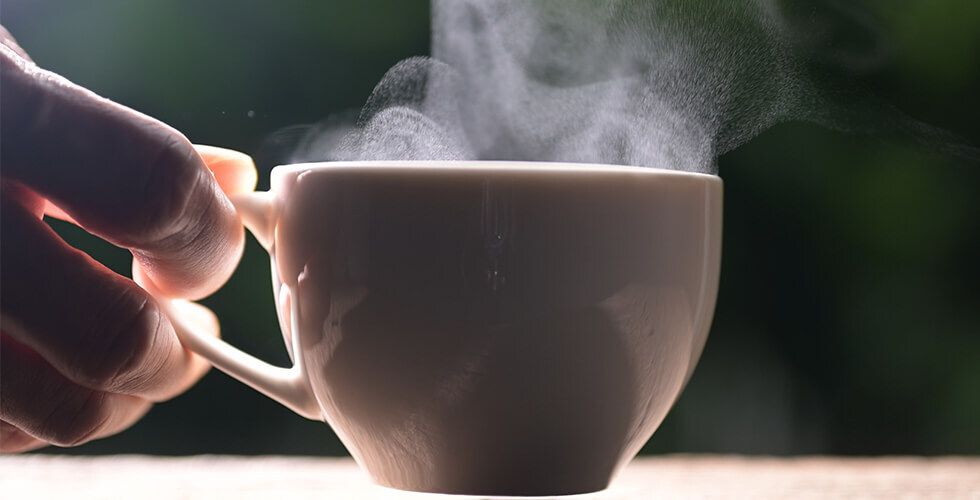
For many, the day doesn’t begin until that first steaming cup of coffee or tea. But here’s a surprising twist: the hotter your drink, the higher the potential health risks—particularly when it comes to cancer.
In 2016, the International Agency for Research on Cancer classified beverages served hotter than 65°C (149°F) as “probably carcinogenic to humans.” The concern isn’t the coffee or tea itself—it’s the temperature. When piping-hot liquid repeatedly scalds the lining of the esophagus, it can cause cell damage. Over years, this damage may increase the risk of esophageal cancer.
The evidence is strongest from regions where drinking super-heated beverages is cultural tradition. In South America, maté is often consumed around 70°C (158°F), and studies link it to higher esophageal cancer rates. Research in parts of Asia, the Middle East, and Africa supports the same connection. More recently, a large UK study confirmed the risk: people who drank eight or more cups of very hot tea or coffee daily were six times more likely to develop esophageal cancer.
So how does it happen? Animal studies suggest extreme heat can speed up precancerous changes. Big gulps of very hot drinks amplify the damage by sharply raising esophageal temperature. On the other hand, small sips at slightly cooler temperatures pose little risk.
The good news: you don’t have to ditch your morning ritual. Experts say the ideal serving temperature is around 57.8°C (136°F)—warm enough for flavor, but safe for your throat. Letting your drink cool for five minutes, stirring, removing a lid, or adding milk can bring it into the safe zone.
Bottom line? Slow down, sip smaller, and let your drink cool—you’ll still enjoy the comfort without burning your health.

